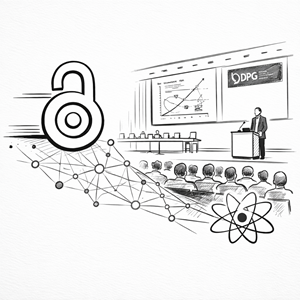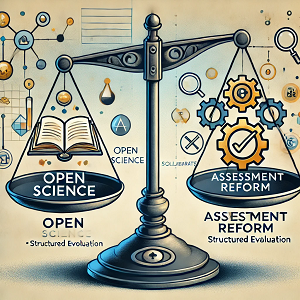
After three exciting years, scidecode as a formal company will be discontinued. What began as a label for my freelance work in science consulting in 2012 turned into a collaborative GbR (civil-law partnership) in 2022 with Laura Rothfritz and Pablo de Castro. Our mission was to provide independent, collaborative consulting on open science, research information, and strategic questions around scholarly infrastructures.









